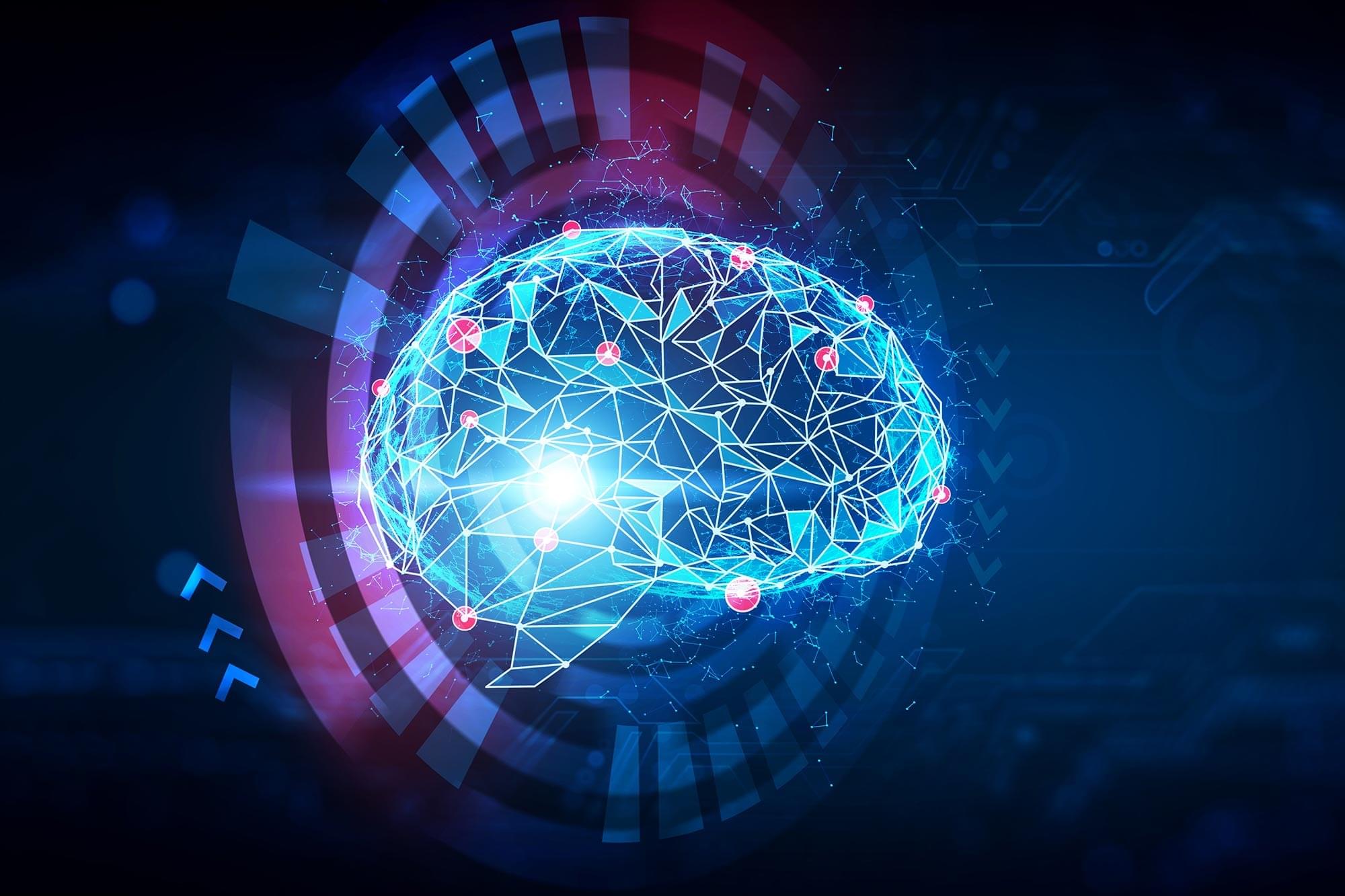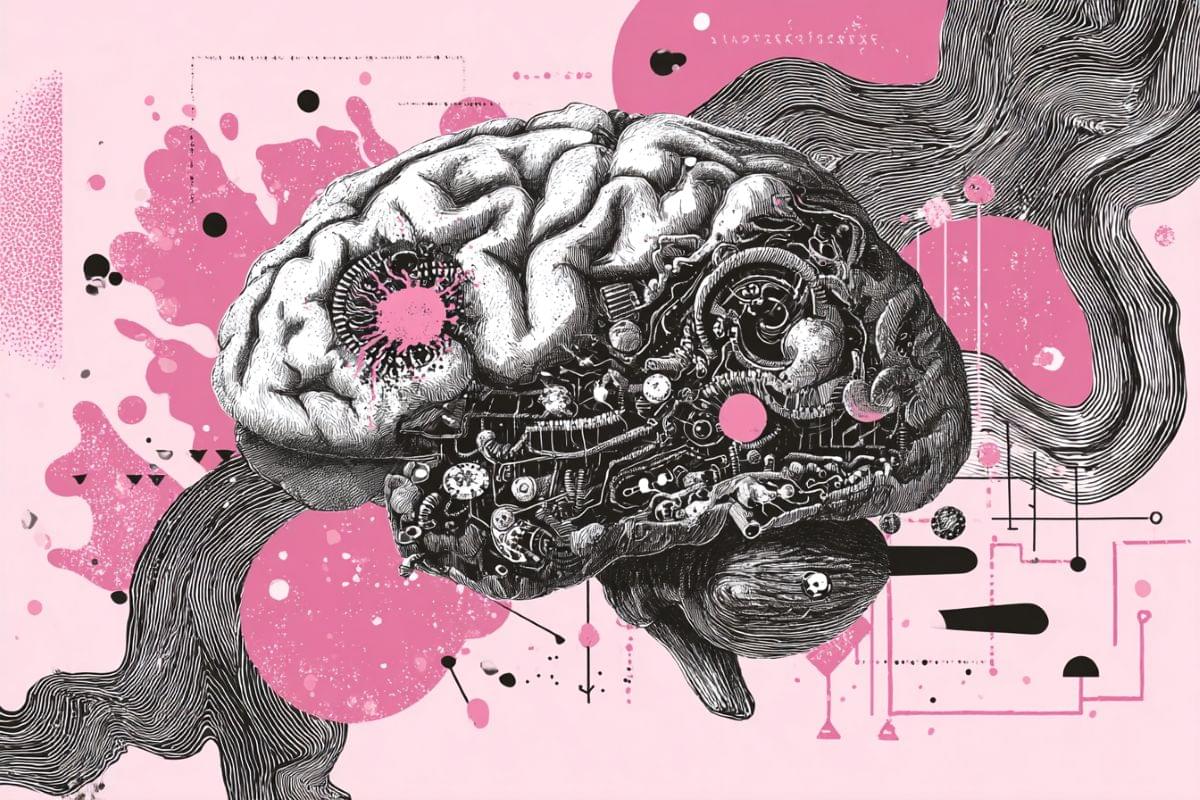Google is introducing in the Chrome browser a new defense layer called ‘User Alignment Critic’ to protect upcoming agentic AI browsing features powered by Gemini.
Agentic browsing is an emerging mode in which an AI agent is configured to autonomously perform for the user multi-step tasks on the web, including navigating sites, reading their content, clicking buttons, filling forms, and carrying out a sequence of actions.
User Alignment Critic is a separate LLM model isolated from untrusted content that acts as a “high-trust system component.”






